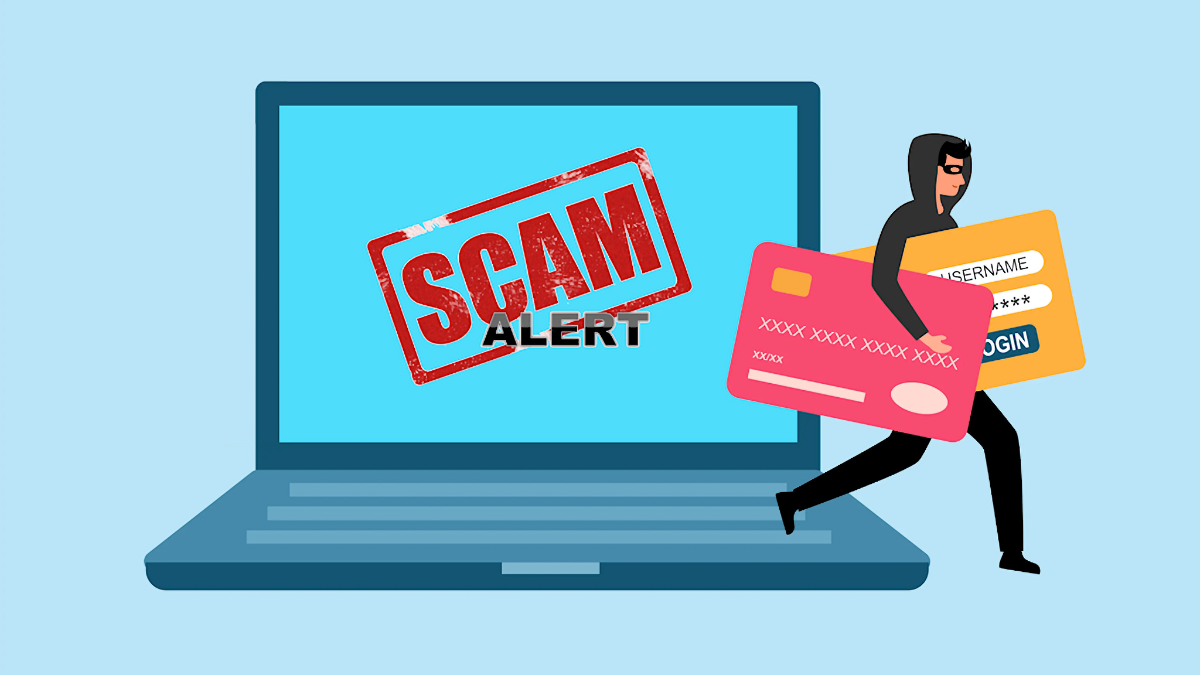
There has been a rise in people being scammed recently, which has prompted me to write this blog. Email accounts have been hacked in attempts to access attached associated accounts such as Amazon, eBay & PayPal. Further scams have been forwarded onto associated contacts of the email account. In some instances, sums of money have been taken from accounts. With education, action of customer and PC Kings, was able to protect accounts and recover losses.
If you have been scammed, action and speed is vital to help keep the impact to a minimum. Feeling ashamed, foolish or dazed is common but try not let this stop you taking action. Criminals are using technology to help make their attempts look genuine. Their messages, approach and sometimes coincidental timing makes us believe they are legitimate. Some of the scams use technology triggers to deceive us. So, when making a big purchase, the criminals try and defer payments to their accounts.
Some financial organisations have systems to help minimise this activity, but your action following this is, is vital.
Being scammed can be a stressful and quite an upsetting experience. Here are some essential steps to take if you have been scammed.
Stop the criminals to protect your scammed accounts & contacts
1. After being scammed, stop all communication with the scammers
Don’t respond to their calls, texts, or emails. Further communication could give them more opportunities to exploit you.
2. Secure and protect your accounts
Change your passwords
This includes your bank accounts, email, social media, and any other online accounts that might be at risk. Choose strong, unique passwords to protect your accounts and use a password manager to help keep track of them. Use combination of uppercase, lowercase, numbers and special characters. The length of your password should be between 8 and 16.
Your email account is central to your communication and your associated online accounts. It’s important to secure the email account as soon as possible. Applying 2 factor authentication and strong passwords are essential. Watch the video below:
3. Monitor your accounts
Check your bank statements and credit card reports for any unauthorized or unknown transactions. Check on your purchasing sites such as Amazon, eBay or PayPal, etc for any activity you don’t recognise. Also check on your social media platforms for anything unusual. If you see anything suspicious, report it to your bank or website platforms immediately.
4. Report the scams
- Report the scam to the relevant authorities: This will help them track down the scammers and prevent others from falling victim. You can report the scam to Action Fraud at https://reporting.actionfraud.police.uk or call 0300 123 2040. If it was a face-to-face local scam such as a doorstep visit, call Police on 101.
- Report the scam to the platform where it occurred: If the scam happened on a specific website, app, or social media platform, report it to that platform as well. This will help them take action against the scammer and prevent similar scams from happening in the future.
5. Consider seeking help
If you’ve lost a significant amount of money or are feeling emotionally distressed, consider seeking help. A financial advisor, therapist or Victim Support can offer helpful support. They can provide you with support and guidance as you navigate this situation.
Here are some additional resources that you may find helpful:
Remember, it’s important to act quickly if you’ve been scammed. The sooner you take steps to protect yourself and report the scam, the better. This will improve chances of recovering your losses and preventing others from becoming victims.
PC Kings have been successful in many cases where customers have been hacked or scammed. In many instances, we have resumed access to accounts, removed hackers changes and blocked further attempts.
Please get in touch with PC Kings if you require help or advice at https://pckings.uk, 0151 374 2744, or info@pckings.uk

